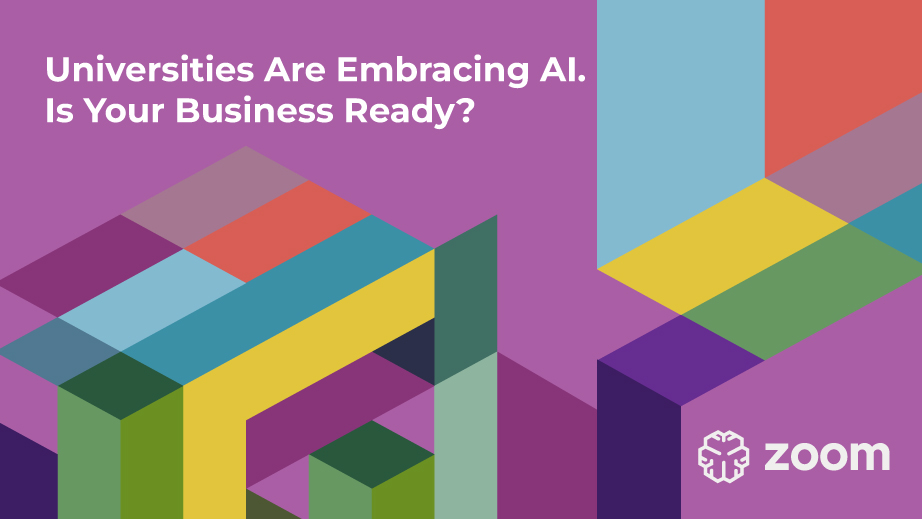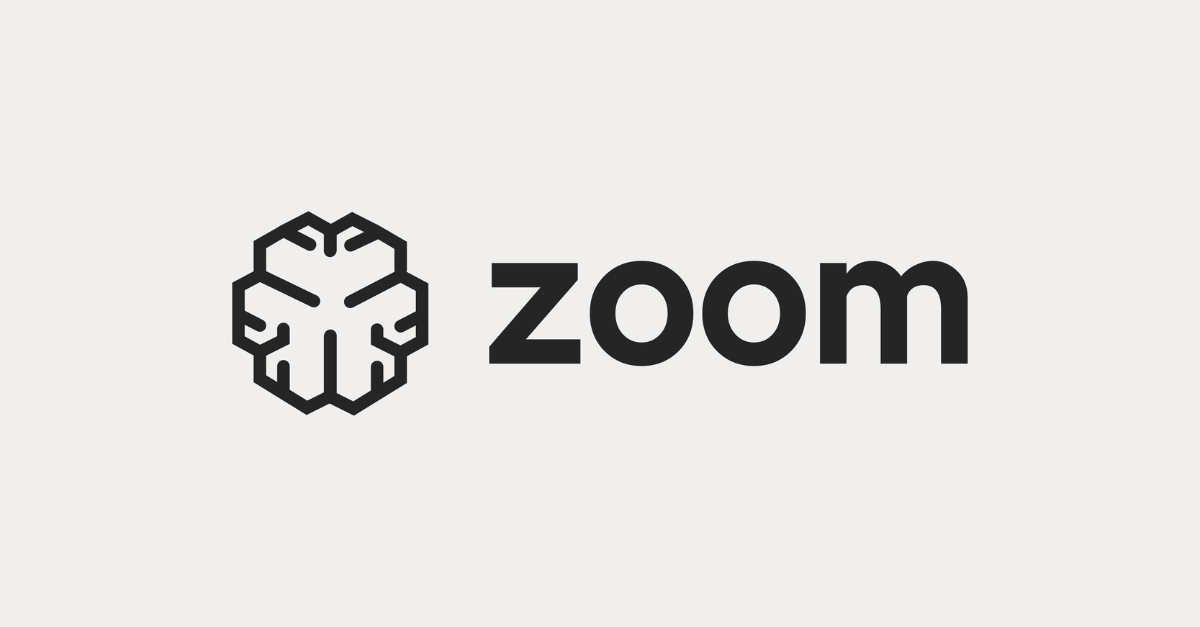Artificial intelligence is rapidly transforming the education landscape, and universities are taking notice. The recent partnership between OpenAI and the California State University (CSU) system is a testament to AI’s growing influence in higher education. As AI becomes a fundamental part of learning, businesses must prepare for a new wave of AI-savvy graduates entering the workforce. Companies that fail to adapt risk falling behind in talent acquisition, workforce training, and leadership development.
OpenAI and the CSU System: A New Era in Higher Education
The collaboration between OpenAI and the CSU system marks a significant shift in how universities integrate AI into academic programs. CSU, one of the largest public university systems in the U.S., is leveraging OpenAI’s advanced models to enhance student learning, faculty research, and institutional efficiency. AI is being incorporated into:
- Coursework and Learning Tools: Professors and students can access AI-driven learning assistants, helping with research, writing, and problem-solving.
- Administrative Efficiency: AI is streamlining processes such as grading, admissions, and student support services.
- Faculty Research: AI tools are assisting in complex data analysis, enabling researchers to process large datasets faster and with greater accuracy.
This integration is not just about making education more efficient; it is about preparing students for an AI-powered workforce. Universities are embedding AI literacy across disciplines, ensuring that graduates are equipped with the skills businesses need.
What This Means for Businesses
With AI becoming a core part of university education, companies must rethink their approach to hiring, training, and leadership development. At The Zoom Agency, we have already embraced AI to enhance our workflows, improve efficiency, and deliver innovative marketing strategies. Our experience in AI-driven solutions allows us to guide businesses in leveraging AI for growth and adaptability. If universities are investing in AI-driven learning, businesses must step up to match this level of innovation.
1. Hiring the Next Generation of AI Talent
Businesses should anticipate an influx of AI-literate graduates who are well-versed in AI-powered tools, automation, and data analytics. Businesses must take proactive steps to attract and retain this new talent by:
- Revising Job Descriptions: Roles should highlight AI-related skills, even in non-technical fields.
- Building AI-Focused Internship Programs: Establishing partnerships with universities can provide hands-on AI experience, creating a strong pipeline of skilled talent.
- Prioritising Continuous Learning: Businesses must offer ongoing AI training and upskilling opportunities to meet the expectations of young professionals entering the workforce.
2. Training Existing Employees
AI is not just for new hires—existing employees also need to adapt to AI-driven workflows. Companies should:
- Offer AI Upskilling Programs: Provide employees with AI training to integrate AI tools into their roles.
- Create AI Centers of Excellence: Establish internal teams dedicated to AI advancement, ensuring seamless AI integration across business functions.
- Encourage AI Experimentation: Allow teams to test and implement AI tools that enhance efficiency and creativity.
The Competitive and Cost Advantage of AI Integration
The businesses that succeed in the AI era will be those that embrace AI across all levels—hiring, training, and leadership. As universities like CSU invest in AI-powered education, companies must mirror this transformation to stay competitive.
Hiring AI-trained graduates gives businesses an edge in automation and analytics, allowing them to implement smarter processes and enhance operational efficiency. Additionally, bringing in AI-ready graduates reduces the cost burden of training existing employees from scratch, accelerating AI adoption without heavy investment in reskilling initiatives. AI-powered tools reduce manual workloads, freeing employees to focus on strategic tasks and improving overall productivity. This efficiency reduces operational costs while increasing the speed at which businesses can adapt to market changes. Additionally, AI-literate teams drive faster innovation cycles and more agile business strategies, ensuring companies remain competitive in rapidly evolving markets.
Conclusion on AI Adoption and The Zoom Agency’s Approach
The integration of OpenAI into the CSU system highlights the growing role of AI in education and the workforce. As universities prepare students for an AI-driven world, businesses must evolve to match this level of digital transformation. By investing in AI talent acquisition, employee training, and leadership development, companies can secure their place in the future of work. At The Zoom Agency, we continue to integrate AI-driven solutions into our services, ensuring that we remain at the forefront of innovation and can support businesses looking to do the same.
For businesses looking to stay ahead, the time to act is now. AI is the foundation of the next generation of innovation and productivity.

